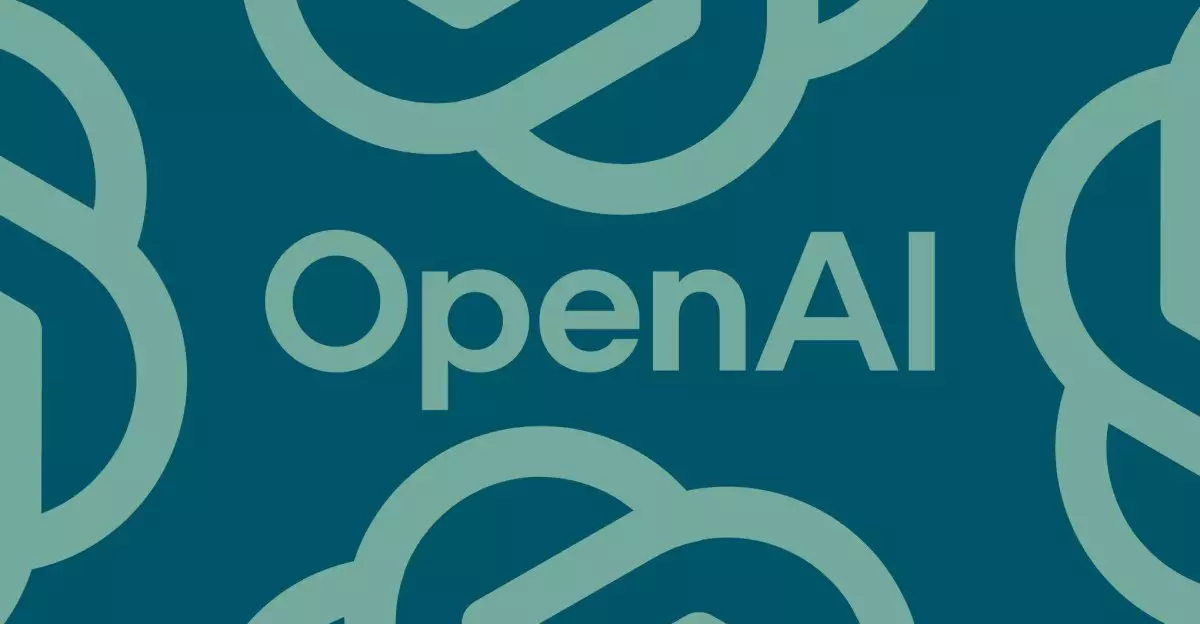In a recent turn of events, the complex and often tumultuous relationship between Elon Musk and OpenAI has taken a particularly contentious route. OpenAI’s countersuit against Musk, claiming that his actions are mere bad-faith tactics aimed at stalling the nonprofit organization’s groundbreaking work, unveils a deeper struggle not just for control over pioneering artificial intelligence advancements, but also over the ethical and philosophical direction of AGI development itself. As these legal confrontations heat up, the public is left pondering the broader implications of such a high-profile feud.
The Allegations: Musk’s Disruptive Tactics
OpenAI’s legal statements are strikingly assertive. They accuse Musk of orchestrating calculated attempts to derail their mission through insidious tactics, including a dubious takeover bid. Such allegations speak volumes about the escalating stakes in the tech industry, where the boundaries of competition often blur with ethical considerations. The claim that Musk seeks to seize control for his personal benefit raises critical questions about accountability and responsibility in the tech sector. It transforms this legal battle from a simple dispute to a moral quandary—should individuals with vast resources and influence behave in such a manner, especially when the stakes involve technology that can reshape humanity?
Musk’s Motivation: A Frustrated Visionary?
Elon Musk’s own narrative—that he originally co-founded OpenAI to develop artificial general intelligence (AGI) for the collective good—adds a layer of complexity to this ongoing saga. After initially filing a lawsuit against OpenAI last spring, he accused the organization of straying from its noble mission in favor of profit-driven motives. However, many critics, including tech commentators, have found Musk’s legal arguments lacking in substance, leaving observers to wonder whether his actions are genuinely driven by a desire for ethical AI or if they could merely be a reflection of personal rivalry and corporate self-interest.
The Role of Public Perception and Media Influence
As this legal drama unfolds, the role of media commentary cannot be understated. The reactions from figures like The Verge’s editor-in-chief, who described Musk’s allegations as “hilariously bad,” not only serve to mock the situation but also highlight a growing skepticism toward Musk’s motives. Public perception plays a pivotal role in shaping the narrative of this conflict, influencing everything from consumer sentiment to investor confidence in both OpenAI and Musk’s ventures. The sensational nature of the dispute captures the imagination, yet it also leads to a concerning trend where personal grievances can overshadow the monumental work being done in artificial intelligence.
The Future of AI in Flux
As both parties prepare for a court battle scheduled for the spring of 2026, the implications of this rivalry reach far beyond the individuals involved. The outcome could significantly affect the trajectory of AI development, raising questions about who gets to shape the future of such a transformative technology. While Musk’s actions may be seen as attempts to reclaim influence over an organization he helped create, OpenAI’s resolve signals an unwavering commitment to its foundational principles. This legal skirmish is more than a rivalry; it symbolizes a critical juncture in the evolution of AI and its ethical considerations. As we observe this unfolding saga, one can’t help but wonder where the allegiances of innovation and integrity will ultimately lie.

